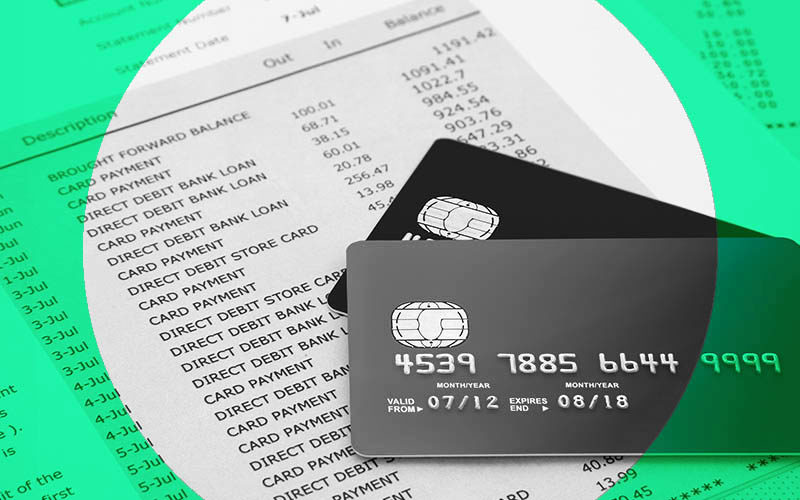Credit cards are among the best financial innovations that have contributed to the boost in customer demand. Over the past few decades, more individuals have opted for credit cards to meet their expenses. Making payments using credit cards also makes you eligible for interesting coupons and discounts from different brands. Most first-time users are often unaware of the best practices to follow related to a credit card. Making bill payments on a timely basis should be your priority as a credit card user. This will help to avoid the debt trap and also improve your credit score. Checking your credit card statement on a timely basis is a must. Read on to know more about credit card statements.
What is a credit card statement?
A credit card statement is a document that contains a detailed summary of transactions. These transactions are linked to a credit card account for a particular billing period. At the end of each billing period, a user has to repay the credit card bill within a limited time. Credit card statements can seem to contain a whole lot of information. This can be overwhelming when you are not aware of the terminologies used in the statement. Here are some important things that you must check in your credit card bill or statement.
- Minimum due amount
The most important thing that you should check in your credit card statements is the minimum due amount. What exactly is a minimum due amount? Well, this is the amount that you must pay within the grace period after your billing cycle to avoid unnecessary interest and other charges. It is calculated as a small fraction of the total outstanding amount. Most credit card companies typically calculate the minimum due amount as 5% of the total outstanding amount for a billing cycle.
- Total due amount
Total due amount refers to the total outstanding balance on a credit card based on the transactions carried out for a given billing cycle. It includes the credit card balance used within a given cycle and any applicable interest or late payment charges. The total due amount can be repaid fully in the grace period to avoid any interest payment on the remaining balance.
- Billing cycle
The billing cycle is the period for which your credit card statement is generated. Usually, the billing cycle is 30 days between two consecutive credit card statements. All transactions for a given billing cycle appear on the respective credit card bill.
- Statement due date
Statement due dates are often confused with payment due dates. It is important to understand that both due dates have different meanings. Statement due date is the date on which your credit card statement is generated.
- Payment due date
The payment due date refers to the date by which the outstanding balance on your credit card has to be repaid. One must try to make the payments a few days before the due date to avoid any additional charges due to settlement delays.
- Grace period
The grace period can be simply explained as the total duration (in days) between a user’s credit card statement date and the payment due date. No interest charges are applicable on the outstanding balance for the grace period.
- Details of transactions
As the name suggests, the details of the transaction component of a credit card statement contain all information about the transactions carried out using a credit card. It includes all transactions done at online or offline sites with their respective dates and amounts.
- Credit limit
The credit limit denotes the total balance on a user’s credit card that can be used to purchase goods and services. Different users can have different credit limits based on their income and repayment history. This limit can be revised from time to time based on the credit history.
- Reward points
Reward points can be explained as an incentive mehanism set up by credit card companies that reward users with points for making payments using their credit cards. These points can be redeemed for discount coupons and vouchers to purchase goods and services.
- Important information
This section in your credit card statement gives a detailed summary of any changes in the interest rate, features, or terms of services. This should not be ignored and must be read carefully to use credit cards prudently.


More Stories
Load Cell for Packaging Industries – MODEL: HSSB, BBM, SESB
10 Proven Ways to Earn Money as a Coach in 2025
Low-Interest Collateral Loans on Rare Coins in Peachtree City